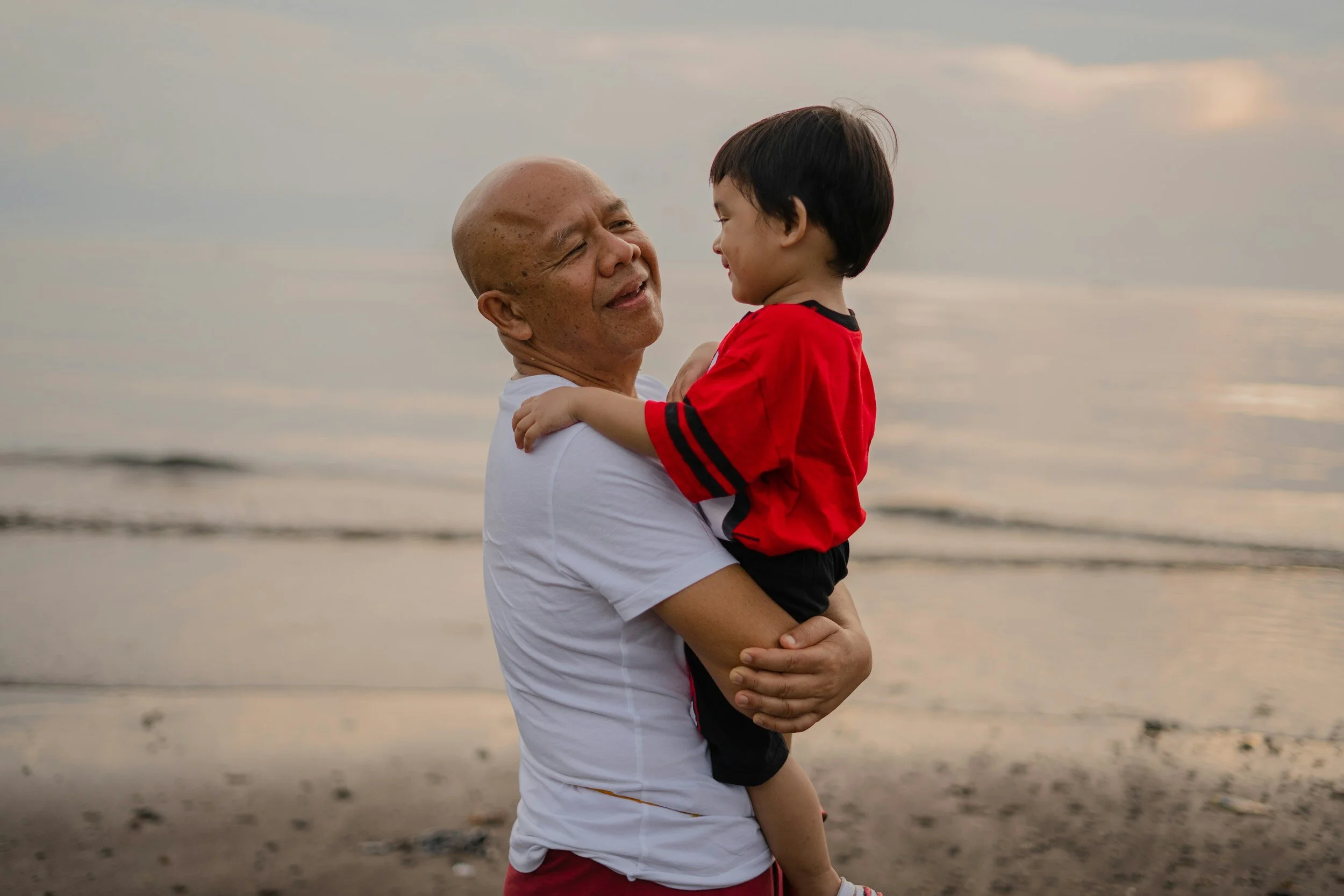What is “intergenerational trauma”?
Heart In Mind’s practice centers around breaking cycles of intergenerational and relational trauma. What exactly does “intergenerational trauma” and “relational trauma” mean though?
In this blog post, I clarify what I mean when I reference, “intergenerational trauma.” In a future post, I will do the same with relational trauma.
In short, intergenerational trauma refers to when the effects of traumatic experience(s) are passed on from one generation to another generation…and then passed onto another generation and so on and so forth.
This begs the question, “how is it passed on?”
It’s passed on in various ways—both on a biological level and on a social/emotional level. On a biological level, trauma can be passed on before we’re even born/while we’re in the womb. If our mother (or father) experiences stress, their elevated stress levels will transfer onto to us in the womb. Think about the physical dangers posed to our biology when we’re stressed. It’s not unheard of that people have a heart attack following or during extremely stressful moments and reactions. There’s also been cases where people “naturally” die after a loved one dies. This is sometimes referred to as “broken heart syndrome” (and rightfully so). If generations before us experienced trauma, the changes to their biology affect our biology.
On a social/emotional level, trauma can often be passed on in terms of one generation’s coping responses to present-day stressors—both those that are related to or unrelated to the trauma they experienced in the past. As discussed in this blog post reflecting on the genocide happening against the Palestinians, when we experience a traumatic event, our bodies respond instinctively by either fighting, fleeing, freezing, fawning, or collapsing. When the traumatic event passes, our instinctive responses may persist (or fade too). *A lot of what influences whether it will persist or fade depends on what supports we had/have and also, what other stressors we’re dealing with. How one generation responds to stressors—both big and small, related or not to their past traumatic experiences, will often be a major influence on how the subsequent generation(s) respond to stressors. It’s human nature to model what we see because we rely on others (especially when we’re younger) for guidance. The behaviors we adapt are one broad category of the “effects of intergenerational trauma.” The biological vulnerabilities we inherit are another broad category.
In my practice, some of the effects I’ve seen clients struggle with and am especially passionate about addressing are: poor self-esteem, identity confusion, relationship strain, and burn-out. Often, these struggles have ties to intergenerational trauma; they’ve been responses to such trauma.
I hope this provides a clearer picture of what I mean when I’m referencing “intergenerational trauma.”
Stay tuned for my future blog post where I’ll discuss “relational trauma.”
(You can now read the blog post on relational trauma here.)
Until next time, please take good care,
Gina
Sources:
https://www.webmd.com/mental-health/what-is-intergenerational-trauma
https://pubmed.ncbi.nlm.nih.gov/25287545/
https://www.mayoclinic.org/diseases-conditions/broken-heart-syndrome/symptoms-causes/syc-20354617
If you’re curious to learn more about my specialties and what it would be like to work with me, please check out the links below:


